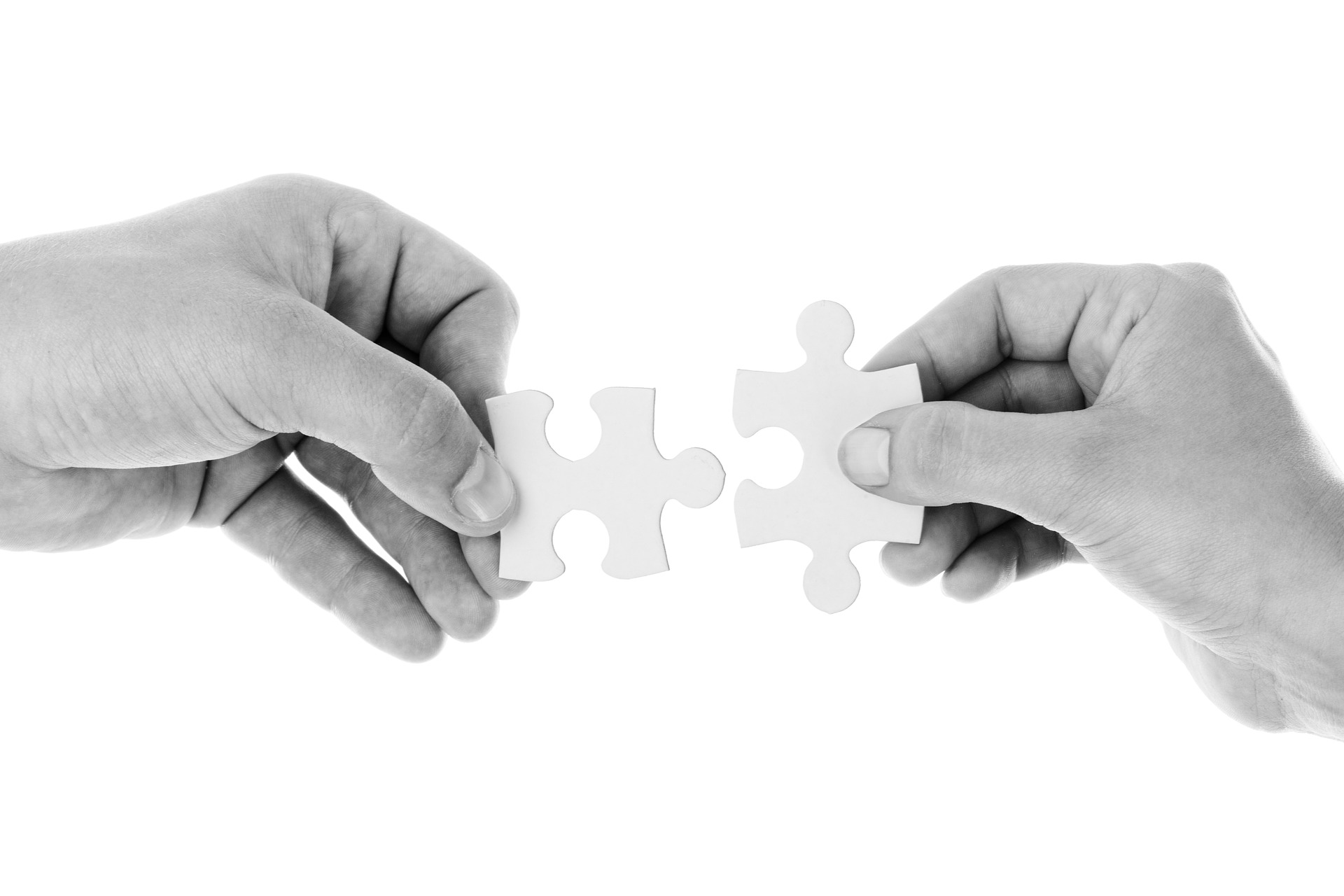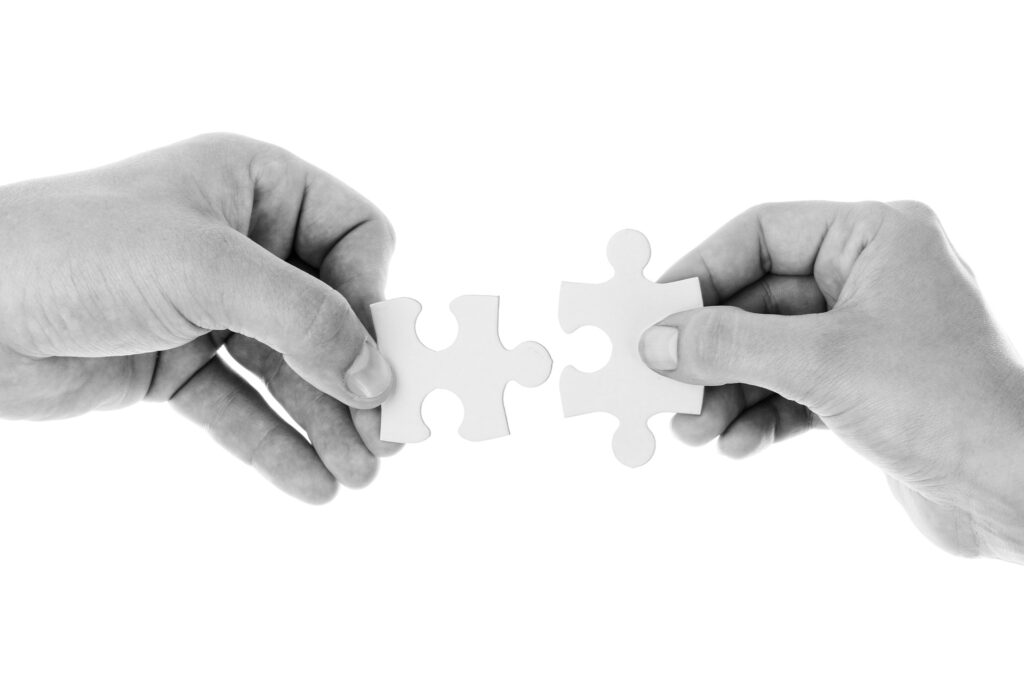
Social work is not a million dollar career, and I knew this when I moved to New York three years ago to pursue my master’s degree in it. As I went through school and the weight of anxiety around money started to crush my chest, I began to think of new ways to look at my future. For instance:
· What if getting paid didn’t have to be monetary?
· Could I still feel fulfilled if I found alternative forms of payment?
· What does “getting paid” actually mean to me?
What’s really interesting about social work school is the amount of second career individuals. Many of folks came from finance, advertising or sales. They would express in class that they loved the money, but hated the environment of their past jobs. They felt that social work could help connect them to the world they were unable to see in their high rise buildings making six-figures.
This desire for connection is the pulse of social work. It is what you get instead of a decent salary. It is what gets you to work every day instead of a high rise building with free coffee and a gym membership. It is the currency you are paid in.
That being said, there are also standards that have to be met in order to accept alternative forms of payment. It took me more than six months to find a job post-graduation because I needed certain areas fulfilled, especially if connection was going to be my primary source of income. Structure needed to be in place–I understand that it is difficult to operate social service organizations, but I also know from past experience that I need structure and a supervisor to function. It didn’t feel ethical to be running the show straight out of graduate school. I was also looking for a challenge. I am young and able-bodied and while I deeply understand that social work is not about saving people, I felt capable to reach a little further into the unknown.
This unknown led me to my current job on Rikers Island. It’s an annoying commute and a stressful environment, but I am drowning in connection payments. I hear too often how isolating and depressing incarceration is. I can see how pain manifests itself both physically and mentally in my patients. I can also see how significant it is when someone actively chooses to listen and connect with them. It changes their day and ultimately, it affirms my choice to continue on my current path to payment.
So I encourage people to not only get the green, but to question other ways they can both be paid and pay others. More money could not have taught me how to have intentional friendships, nor could it have given me the tools to assist my clients in shaping new life pathways. It was people who connected with me and allowed me to connect with them that created these moments and for now, this is enough.
Leah Warwick is a queer woman living in Queens with her partner (Gabz) and fat orange cat (Barney). She believes in equity over equality and spends her work time on Rikers Island working with incarcerated men. In her free time you can find her hosting dinner parties for her friends. Her signatures include chocolate chip cookies, flour tortillas and an onion pizza.
Want to be featured on our blog? See details here.

